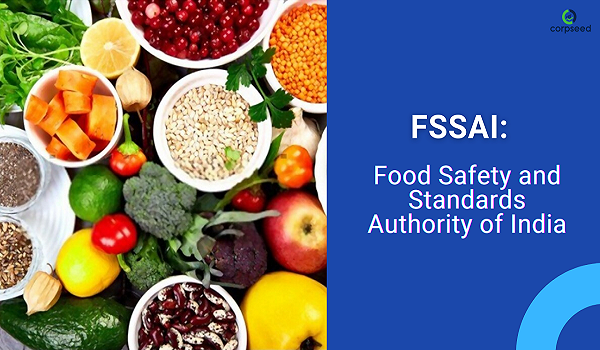To facilitate business operations in India’s food industry, the Food Safety and Standards Authority of India (FSSAI) has initiated proposals for a comprehensive revamp of the nation’s food safety and standards regulations. These proposals were deliberated upon in the 43rd meeting of the FSSAI, presided over by Union Health Secretary Apurva Chandra, representing a crucial stride towards the realization of the ‘One Nation, One Commodity, One Regulator’ framework.
FSSAI Certification Takes Centre Stage: As part of efforts to reduce regulatory complexities and simplify compliance procedures, the FSSAI has taken a decisive step by declaring its certification as the sole mandatory requirement for food products across the country. This transformative move eliminates the necessity for food businesses to pursue additional certifications from entities such as the Bureau of Indian Standards (BIS) or AGMARK. The anticipated impact is a substantial simplification of processes for food sector enterprises, streamlining their obligations to conform to the standards set by a singular authority.
Approval of Standards and Amendments: The pivotal meeting also witnessed the approval of various standards and amendments, encompassing categories such as mead (Honey wine), alcoholic ready-to-drink beverages, milk fat products, and guidelines for haleem, a traditional dish comprising meat, pulses, grains, and other ingredients. These regulatory changes underscore the FSSAI’s unwavering commitment to upholding elevated standards of food safety across a diverse array of food products.
Regulatory Compliance and Stakeholder Engagement: In conjunction with these revisions, the FSSAI greenlit comprehensive manuals detailing methods of analysis for diverse food products to ensure regulatory compliance. These manuals are designed to serve as indispensable guides for businesses striving to meet FSSAI standards. However, before these proposals can be formalized and the gazette notified, they are subject to input from stakeholders. This iterative approach reflects the FSSAI’s dedication to transparency and active stakeholder participation in shaping the evolution of food safety regulations.
The FSSAI’s strategic blueprint represents a substantial leap forward in the consolidation of food safety regulations. If successfully implemented, these proposed changes have the potential to usher in a new era of efficient, streamlined regulation within India’s food industry, positively impacting businesses by minimizing regulatory redundancies and simplifying compliance processes.


